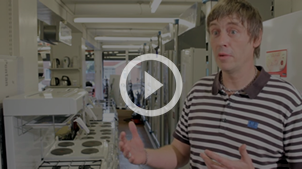How to Cash-in on Goodwill
Newsletter issue - August 07.
When you transfer your existing unincorporated business into your own limited company you could sell the goodwill that has built up in the business to the company for a tidy sum, then draw that amount out of the company tax-free over a number of years. It works like this:
Say your business has built up a loyal bunch of customers who generate around £100,000 of income after expenses for the business each year. After deducting your salary of £40,000, you have £60,000 of net profits. The goodwill created by these customers could be valued at a multiple of say 2.5 giving a value of £150,000. You sell the details of the customers to the new company for £150,000, but it leaves the amount owing as a loan to you in the company books.
The sale of the goodwill is a capital gain in your hands, but if your business has been running for at least two years the gain should qualify for full business asset taper relief, leaving only 25% taxable. After deducting your annual exemption of £9,200 (for 2007/08), you have a taxable gain of £28,300, on which you pay tax on this at 40%: £11,320.
The company can pay you £11,320 out of the loan account when you need to pay the tax due, then you can gradually withdraw the balance of £138,680 as you need the cash, with no further tax to pay. With a lower valuation you could actually avoid any tax bill at all on the gain.
The goodwill you sell to the company must be genuine free goodwill, and not tied to you or a particular location. Goodwill associated with the premises you operate out of can't be transferred, unless you also transfer those premises to the company. The goodwill in most one-man businesses is tied to the skills and personality of the business owner and can't be transferred to a company.






